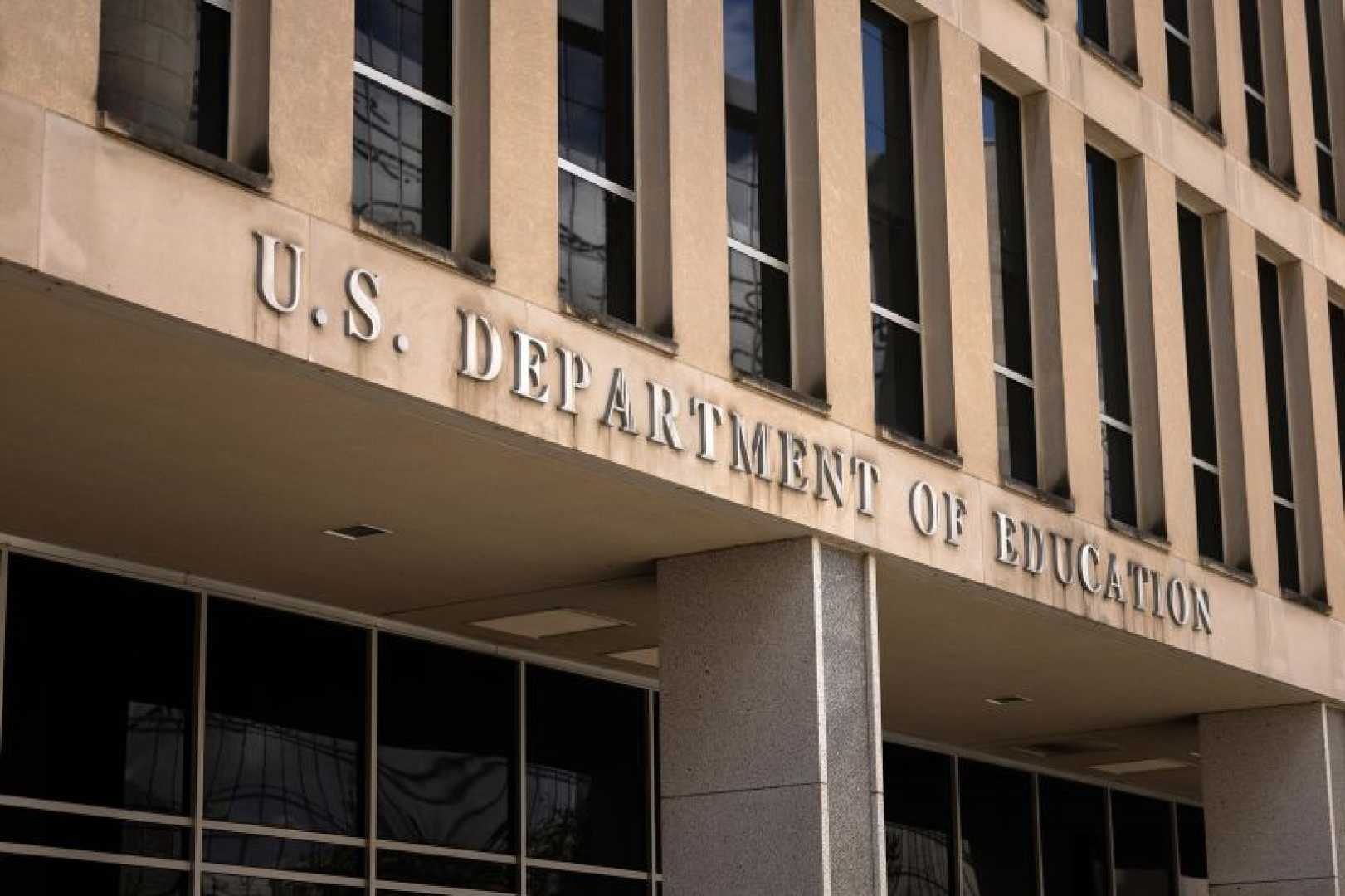News
Trump Administration Orders Schools to Remove Racial Preferences in Two Weeks

WASHINGTON (AP) — The Trump administration has issued a directive to American schools and universities that requires them to remove any use of racial preferences in admissions and other practices within a two-week deadline, or risk losing federal funding. This announcement, made by the Education Department on Friday, intensifies President Trump’s campaign against what he termed discriminatory practices in education.
The memo states that institutions must cease any policies that treat students or staff differently based on race within 14 days, impacting a range of practices from admissions to financial aid and hiring. Craig Trainor, the acting assistant secretary for civil rights at the Department of Education, described the initiative as a necessary measure against what he claims is “rampant discrimination” in educational settings, particularly against white and Asian students.
“Schools have been operating under the false belief that they can select students for ‘diversity’ without considering race,” Trainor said. “No longer. Students should be assessed based on merit, accomplishment, and character.”
This sweeping guidance has drawn significant criticism from civil rights advocates and educational organizations. Critics argue that the vague language in the memo could inhibit schools from engaging in any practices related to diversity, equity, and inclusion (DEI), even those that are legally defensible in court. Jonathan Fansmith, senior vice president of government relations at the American Council on Education, expressed concerns that the directive could create an atmosphere of fear among educators.
“This memo aims to create a chilling effect around diversity initiatives rather than providing clear legal guidance,” Fansmith stated.
The directive follows President Trump’s executive order earlier this year, which sought to fundamentally reshape the federal approach to antidiscrimination laws. This policy shift cites the U.S. Supreme Court’s 2023 decision in the case of Students for Fair Admissions v. Harvard University, which ruled that affirmative action practices in college admissions violate civil rights laws. The Education Department reiterated this decision, stating that educational institutions cannot separate or distribute benefits based on race.
As part of its enforcement actions, the department announced a $600 million funding cut to programs viewed as promoting so-called “divisive concepts,” including DEI initiatives and critical race theory. The new guidelines carry implications for a range of educational policies, from financial aid to graduation ceremonies.
Legal experts suggest that practices traditionally considered acceptable, such as recruiting students from underrepresented backgrounds, may now become risky. Angel B. Pérez, CEO of the National Association for College Admission Counseling, warned that educators feel torn between existing legal practices and fear of losing federal support.
Some institutions, however, maintain that they can operate as usual. For instance, Oregon State University conducted a legal review concluding that its initiatives are compliant with all applicable laws, according to a statement from university officials.
The memo also raises questions about scholarships aimed at racial minorities and services that may have been considered legal until now. The National Association of Student Financial Aid Administrators indicated uncertainty regarding how the new directive could impact student financial aid programming.
The climate of confusion was evident during a recent confirmation hearing for education secretary nominee Linda McMahon, in which she was uncertain about the implications of the new rules on courses about African American history. This uncertainty adds to the chaotic educational landscape as schools scramble to understand and comply with the department’s latest directive.
The U.S. Department of Education’s broader strategy continues to unfold amidst ongoing debate about equity and civil rights in American classrooms. Advocates for diverse educational environments contend that these shifts reflect a retreat from necessary progress toward inclusivity.












